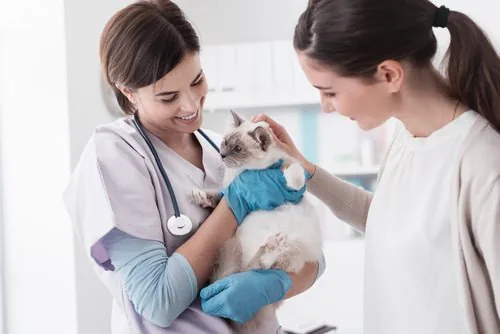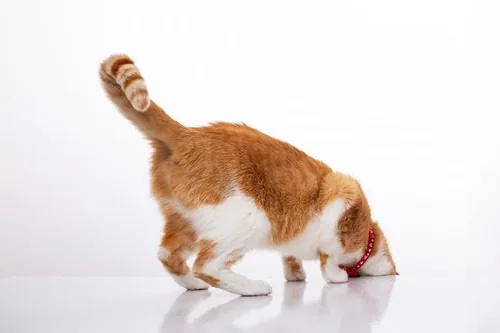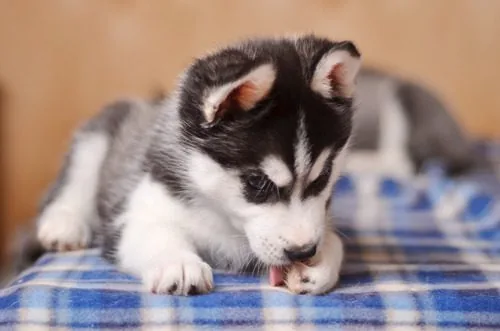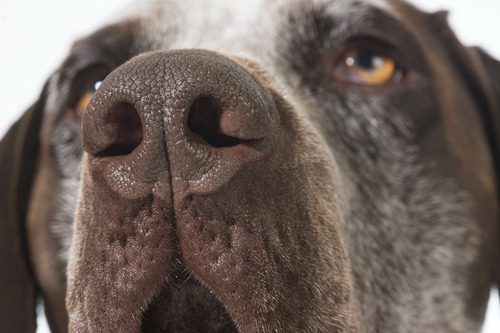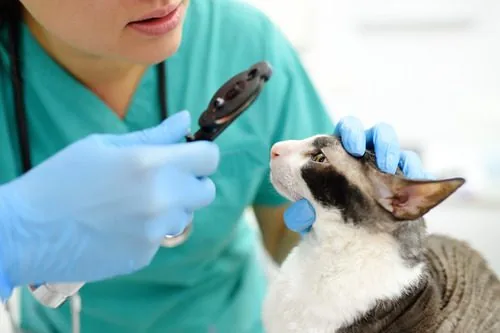My Cat is Sneezing a Lot, What Do I Do?
As we all know, a cat sneeze is such an adorable sound. Especially when taken against the sounds of an impending hairball! Although it is normal for your cat to sneeze once in a while, it can be alarming when they do this often. As a pet owner, it’s important to understand the reasons why your cat is sneezing and know what you can do to help them. .
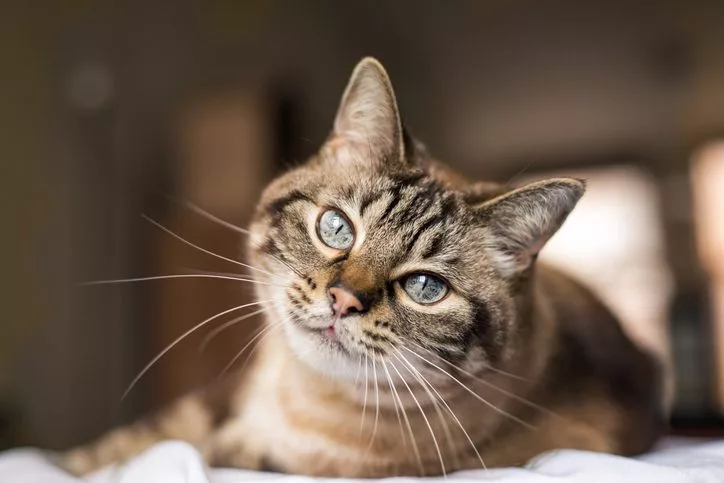
Why Do Cats Sneeze?
Our cats are no different from us. They sneeze because there is a blockage or irritant in their nasal airways. Sneezing and coughing are an important part of the healing process when they are sick. They do this so the irritants, bacteria, and toxins can be physically removed from their system. However, sneezing can be very uncomfortable and cause complications if severe.
Allergies
Allergies vary with each cat, but the most common type of allergen cats struggle with is environmental. Environmental allergens include things like pollen, trees, and grass. They sweep into your house every time you open a door or window. So, being an indoor kitty is of little consequence. With indoor/outdoor felines, these elements can attach to your cat’s fur and be brought inside. And, please, don’t forget smoking. The exhaled particles don’t only get into draperies and furniture, but also into cat lungs and nasal passages. Studies have shown increased evidence of asthma as well as lung and nasal cancer in both cats and dogs living in smoking households. If you do smoke, please try to limit your pet’s exposure as much as possible.
You can tell that your cat has allergies if you notice they have dry skin and red/watery eyes, and continue to cough and sneeze. It’s important to take note of any seasonality regarding your pet’s symptoms, or consider other culprits if you suspect some other type of trigger. Take this information to your local vet to see if you both can pinpoint what is causing the sneezing. There are a few allergen tests that your cat can take, but they are not always 100% accurate. It can take months to find out what is causing your cat to sneeze frequently in terms of allergies.
Infections
It is quite common for respiratory infections to cause sneezing. There are both viral and bacterial causes for these infections. Most times, the best tip-off is that there is mucoid (pus-like) discharge from the nostrils when the cat sneezes. Much of the time, these infections are easily treated. However, dehydration and fever can make things more complex. The best way to tell if your cat is sick with a common infection is to bring them in to see us at Saratoga Veterinary Hospital for an examination.
Irritants
Some cats will get an irritation in their throat, nose, and lungs from different particles floating in the air. Dust, smoke, and pine pollen are just a few examples.
Tips to Help Prevent Cat Sneezing
While sneezing is not a serious symptom, it can be uncomfortable for your cat if they do it frequently. The repetition can lead to irritated airways that are more susceptible to infection or may more easily bleed.
There are a few things that you can do to prevent your cat from frequently sneezing:
Take Away the Allergen
Since most sneezing is caused by an allergen, the simplest answer is to eliminate that allergen if possible. If you can’t eliminate the allergen, you can at least try to limit your cat’s exposure to it. For instance, if you have an outdoor cat and they react negatively to pollen, try allowing them to be outside for a shorter period of time.
Groom Their Fur
Your cat can accumulate particles in their fur while they are playing outdoors, and this can cause an allergic reaction. You will need to frequently groom their fur with a gentle brush. This will release the particles and can help alleviate irritation in their nose and airways.
Give Them a Bath
While cats typically groom themselves, they may still require additional baths. This is especially important if you own an outdoor cat with allergies. The bath can dispose of the allergens that are causing excessive sneezing. And believe it or not, some cats actually enjoy it.
Frequently Clean your Home
Dust is a big reason that your cat is likely sneezing a lot, so it would be good to clean your home frequently to get rid of it. Vacuuming, damp dusting, and washing the bedding can be a big help.
If you yourself also react negatively to dust, try wearing a mask and gloves while you’re cleaning. As soon as you are done, take a shower and wash the clothes you had on while cleaning.
Contact Saratoga Veterinary Hospital About Cat Sneezing
Overall, sneezing is usually cute. However, if you notice that your cat is doing it excessively, it could be a sign that your cat is reacting to an allergen, dust, or is sick. To prevent sneezing, you can lower the risk by cleaning, grooming their fur, giving them a bath, and taking away the allergen responsible.
At Saratoga Veterinary Hospital, we offer a wide variety of services to keep your pet healthy through every stage of life. For more information about cat sneezing or to schedule a wellness exam, give us a call at (518) 587-3832. We are always happy to help!
Recent Posts
What is a Fear Free Veterinarian? A Calmer Approach to Pet Care
What is a Fear Free Veterinarian? A Calmer Approach to Pet Care For many pets, a trip…
Hyperthyroidism in Cats: Symptoms & Treatment
Hyperthyroidism in Cats: Symptoms & Treatment Hyperthyroidism is one of the most common hormonal conditions affecting middle-aged…
Dog Licking Paw: Symptoms & Treatment
Dog Licking Paw: Symptoms & Treatment If you’ve noticed your dog licking their paws more than usual,…
Dog Nose Dripping: Why Your Dog Has a Runny Nose
Dog Nose Dripping: Why Your Dog Has a Runny Nose A dog’s nose is an important part…
Cat Eye Infection: Symptoms & Treatment
Cat Eye Infection: Symptoms & Treatment When your cat has an irritated or weepy eye, it’s hard…
About Saratoga Veterinary Hospital
Saratoga Veterinary Hospital is proud to serve as your local veterinarian of choice in WIlton, NY and the surrounding areas. Since its founding in 1973 by Dr. Sofarelli, our animal hospital’s main goal has been to strengthen the human-animal bond with exceptional veterinary medicine and client services.



